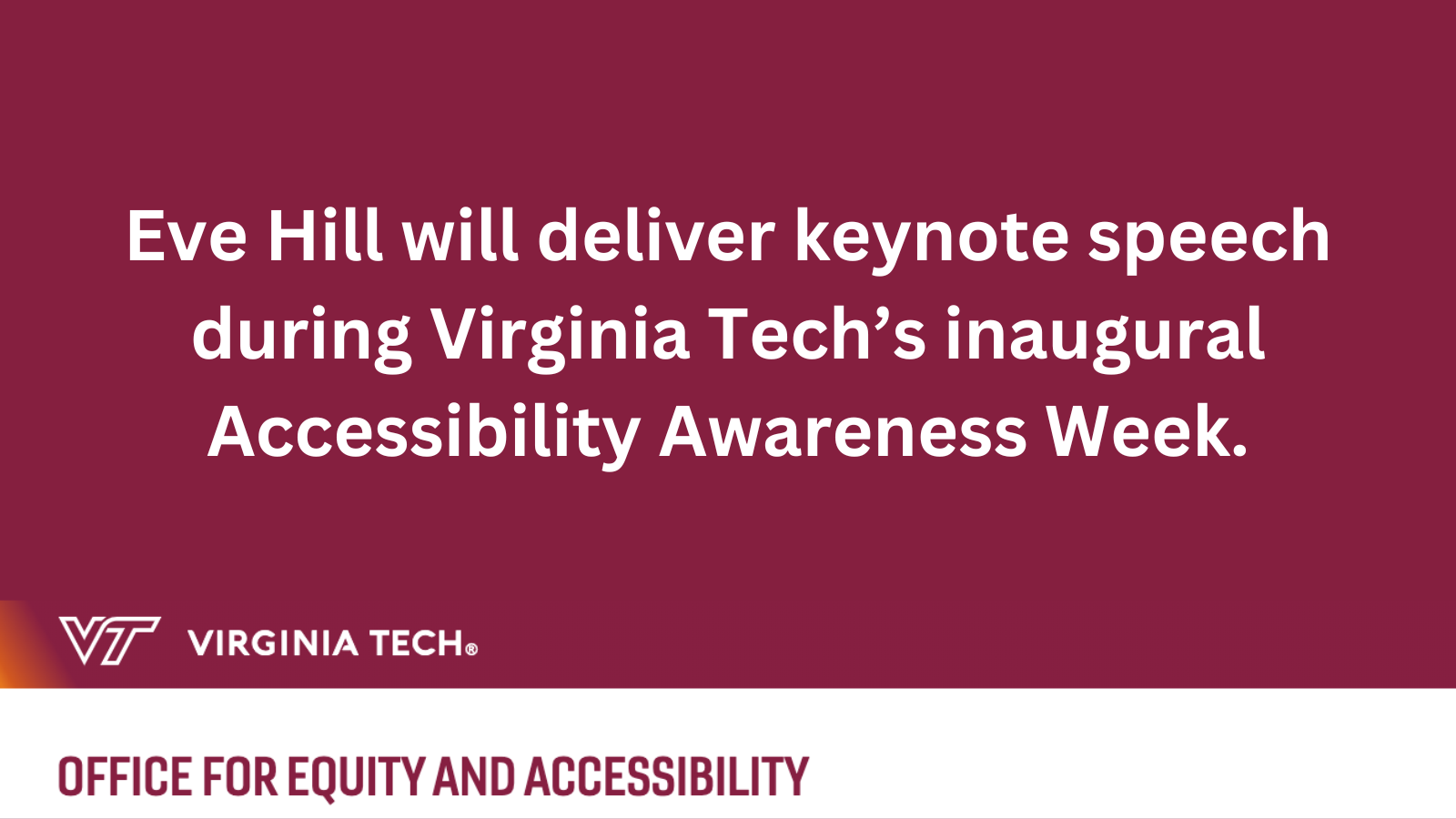Understanding and Overcoming Vehophobia After Car Accidents in California – Technologist
Vehophobia, the fear of driving, often emerges after experiencing a traumatic car accident. In California, where cars are essential for daily commuting, this phobia can severely disrupt lives. This article aims to provide a comprehensive understanding of vehophobia, exploring its causes, symptoms, and the journey towards overcoming it. We will also discuss the legal implications for those suffering from vehophobia following a car accident in California. Understanding this condition is crucial for victims seeking to regain their confidence and independence on the road.
Exploring the Causes of Vehophobia
Exploring the Causes of Vehophobia
Vehophobia typically stems from a traumatic driving experience, such as a car accident. However, it can also develop from witnessing a severe accident or even from hearing about traumatic incidents. In some cases, it may be learned behavior from parents or guardians who exhibited intense anxiety while driving. Understanding these causes is essential in addressing the root of the fear and formulating an effective treatment plan.
Recognizing the Symptoms of Vehophobia
The symptoms of vehophobia can vary widely among individuals. They often include physical signs like trembling, rapid heartbeat, sweating, and nausea, especially when thinking about driving. Psychological symptoms may include panic attacks, intense anxiety, and avoidance behaviors related to driving. Recognizing these symptoms is crucial for early intervention and effective management of the condition.
Legal Considerations for Vehophobia Victims
In the context of personal injury law in California, vehophobia can significantly impact a victim’s life and may be considered in legal claims. It’s important for victims to understand that psychological injuries like vehophobia are taken seriously in legal proceedings. Proper documentation of the condition, including medical and psychological evaluations, can be crucial in personal injury cases.

Effective Treatment Strategies for Vehophobia
Effective Treatment Strategies for Vehophobia
Treating vehophobia often involves a combination of therapy and self-help strategies. Cognitive-behavioral therapy (CBT) is commonly used to address the thought patterns associated with the fear of driving. Exposure therapy, where the individual is gradually exposed to driving in a controlled environment, can also be effective. In some cases, medication may be prescribed to manage anxiety symptoms.
Prevention and Safe Driving Practices for Vehophobia
Preventive measures are key to reducing the risk of developing vehophobia. Safe driving practices, such as defensive driving and staying vigilant on the road, can help prevent accidents and the subsequent development of vehophobia. Additionally, being aware of one’s mental health and seeking support after experiencing a traumatic event are important steps in prevention.

Understanding and Overcoming Vehophobia After Car Accidents in California
Understanding and Overcoming Vehophobia After Car Accidents in California
At Napolin Accident Injury Lawyer, we understand the complexities of vehophobia following a car accident. Our team is dedicated to providing comprehensive legal support to victims, ensuring they receive the compensation and support they need for recovery. We guide our clients through the legal process, helping them understand their rights and options.
Vehophobia can be a challenging aftermath of a car accident, but it is possible to overcome it with the right support. If you are struggling with vehophobia in California, know that you are not alone. Contact Napolin Accident Injury Lawyer at (866)-NAPOLIN for a free consultation. Our extensive litigation experience and commitment to our clients’ recovery can help you regain control and move forward.



